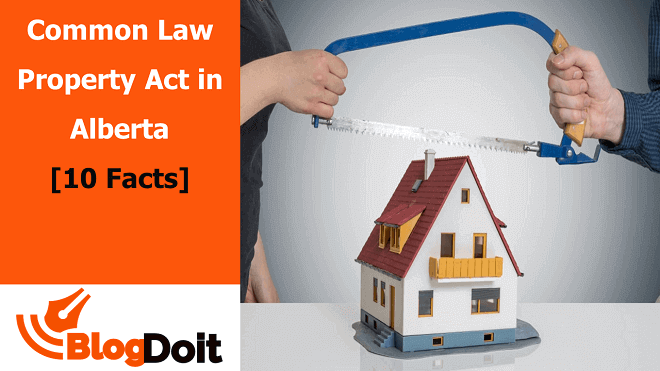Till January 1, 2020 under the newly approved common law property act in Alberta, common law partner who try to separate in alberta will be acknowledged as granted for the legislated rights as married people who will try to get divorce.
When two people are in a committed relationship, live together, choose to share their assets, and pool their finances together, then it could be said that they are in a common-law relationship.
Due to such involvement, it is always safe to be prepared with a lawyer for any unexpected repercussions. The Alberta common law lawyer and even the Saskatoon common law lawyer will be able to aid you.
For those of you who might not know, in a common-law relationship, the couple is not married lawfully and does not have a marriage certificate or a license. However, they are in every aspect committed to one another and have a married relationship.
Such couples can share and have rights to one another’s property and even enjoy every benefit a lawfully wedded couple might. Even in the cases of children, they can legally have shared custody if the couple decides to separate.
Interestingly, in Alberta, the term “common law” is no longer in use. The alternative term for couples who live together and are not married is Adult Interdependent Partner relationship, or AIP, since 2003.
When Are Couples Considered Common Law in Alberta?
A couple is considered as common law or AIP, in Alberta, under the following three circumstances:
- If the couple has lived together for three or more years.
- If the couple lived together permanently for a while and have a child together.
- If the couple has entered into an Adult Interdependent Partnership consensually.
Common Law Property Act in Alberta – 10 Facts You Should Know
As mentioned above, couples in a common-law relation can share assets, debts, and other property. They also have full rights over one another’s property. However, when a couple separate, the distribution between each other’s property, assets, and debts becomes complicated.
Thus, there are laws regarding this issue, and if you are from Alberta, then given below are ten things you need to know about the common law property there. Without further due, let’s check out the 10 unknown facts of common law property act in Alberta.
- In Alberta, the Division of Matrimonial Property and Division of Common Law Property are now treated the same.
- An individual does not need to legally register their partner’s name on a property or asset to claim a right on it.
- The New Family Property Act is now applicable to Common Law couples.
- There is no time restriction on how long the couple must live together before claiming each other’s property rights. The couple can claim right on one another’s property even after living together for a day.
- The test of Unjust Enrichment is applicable for Common Law relationships.
- The test for the Joint Family Venture is applicable for Common Law relationships.
- Common-Law Property is divided equally.
- Couples can draw up a Cohabitation Agreement as this will prevent any issues that might arise up later.
- Couples will have two years after their separation to claim rights on each other’s property.
- Couples can claim rights on each other’s property even if they are not legally named for it. They can file for a right under the Certificate of Lis Pendens (CLP).
How to Prove You Are in a Common Law Relationship?
If you are or were in a common-law relationship and legally need to prove it for some reason, then given below are some tips on how you do that. You only need to submit some of these documents with your application as proof of your common-law relationship.
- You and your partner have shared ownership of the house you live in.
- You and your partner have joint leases or rental agreements.
- You and your partner have a shared utility account. The utility bills could include gas, telephone, and electricity.
- Yours and your partner’s official documents, such as driver’s license and insurance policies, show the same address.
To Conclude: Common Law Property Act in Alberta
Common-Law relationships or Adult Interdependent Partners are quite the norm in recent years. People in Canada are more comfortable being in a committed marital relationship without actually legally being labeled as spouses.
Suppose you are in a common-law relationship. In that case, you need to learn, understand and educate yourself about the legal rights you and your partner have regarding the relationship.
Do not stay ignorant as you will be in deep trouble if, unfortunately, you and your partner decide to separate.
Get a lawyer and draft a cohabitation agreement for both of your sake, and if a child is involved, then for their sake too.
If you are already separated from your partner, get a common-law property lawyer who will guide and assist you through this tumultuous time.
You must protect your property to whatever extent you can, and you can also claim against any of your partner’s assets that you will think you have a right to.
We hope that now you completely understand the common law property act in Alberta. If you have any issues understanding it, please comment down below. We will try to get back to you as soon as possible.
